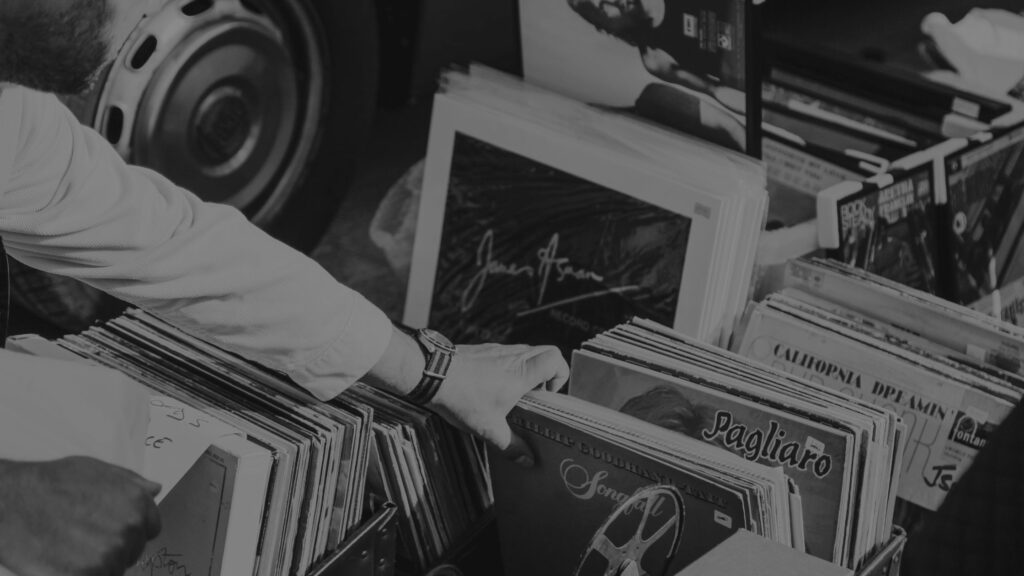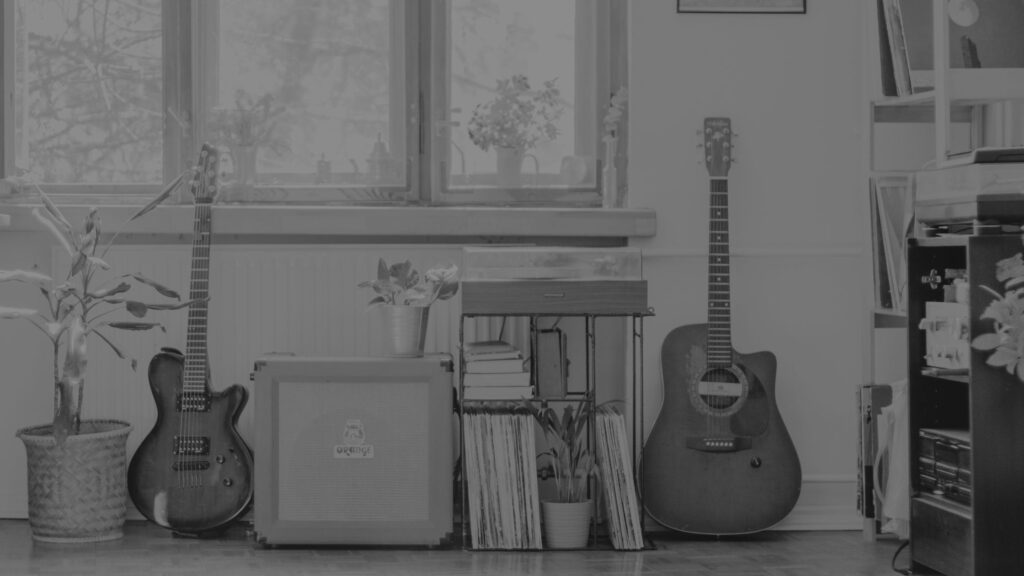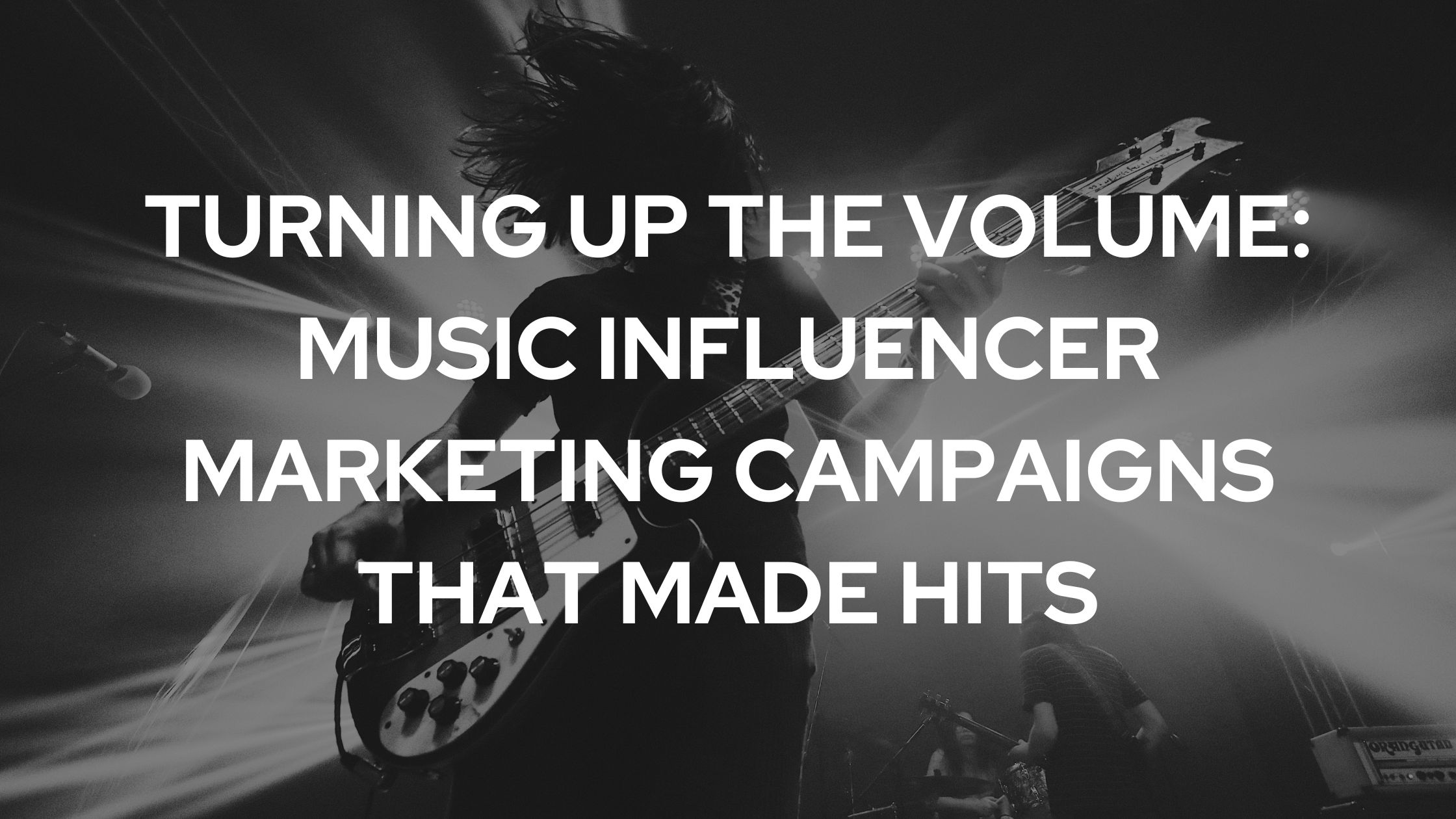Table of Contents
- Boosting Engagement through Influencer Partnerships
- Elevating Artists’ Careers: The Influence of Music Influencers
- Driving Sales with Strategic Influencer Marketing
- Real-world Results: Case Studies of Music Influencer Campaigns
- Best Practices for Leveraging Influencers in the Music Industry
- The Enduring Impact of Music Influencers
In a world where the harmony of marketing meets the rhythm of influence, music influencer marketing campaigns have emerged as the crescendo that amplifies brand messages like never before. These dynamic partnerships not only strike a chord with audiences but also orchestrate success stories that resonate across the music industry landscape. From soaring record sales to sold-out concerts, the impact of strategic collaborations between influencers and brands has transformed how we experience and engage with music in the digital era.
As we set the stage to unravel the secrets behind these melodic triumphs, prepare to journey through a symphony of data-backed insights and captivating anecdotes that underscore the transformative power of music influencer campaigns. Step into a realm where artists find new heights of visibility, where brands craft compelling narratives, and where fans become an integral part of the musical tapestry woven by influencers. Join us as we delve into a harmonious fusion of storytelling and statistics, shining a spotlight on those moments when influencer collaborations struck gold in creating hits that reverberate far beyond mere melodies.
Boosting Engagement through Influencer Partnerships
Music influencers have become integral in helping brands cultivate meaningful connections with audiences, leading to heightened engagement rates across various platforms. By strategically partnering with influencers who resonate with specific fan bases, brands can tap into a level of authenticity that traditional marketing methods often struggle to achieve. For instance, when Adidas collaborated with popular music influencer @SoundBeats on a campaign promoting their new line of sneakers designed for music enthusiasts, they saw a 20% increase in customer engagement compared to previous launches.
Successful campaigns leverage influencers not only as promotional tools but as conduits for building genuine connections with fans and customers alike. A prime example is the collaboration between singer-songwriter Taylor Swift and beauty brand CoverGirl. By enlisting Swift’s help in co-creating a limited edition makeup collection inspired by her music and personal style, CoverGirl was able to forge emotional ties with consumers seeking to emulate Swift’s look and persona. The campaign not only drove high levels of social media engagement but also translated into increased sales and brand loyalty.
In today’s saturated digital landscape, where consumer trust is paramount, the role of music influencers in fostering authentic relationships between brands and their audiences cannot be overstated. Campaigns that prioritize genuine storytelling over overt advertising tactics resonate more deeply with consumers, leading to sustained engagement and positive brand sentiment. As seen in the partnership between DJ Khaled and Cîroc Vodka, where Khaled not only endorsed the product but also shared personal anecdotes about celebrating milestones with Cîroc, resulting in a surge of user-generated content from fans sharing their own #CelebrateWithCîroc moments.
Elevating Artists’ Careers: The Influence of Music Influencers
Music influencers wield immense power in propelling budding artists into the spotlight, shaping the landscape of the industry. By leveraging their dedicated followings and deep connections with music enthusiasts, these influencers have become valuable allies for emerging talents seeking recognition and fame. Take, for instance, the case of a little-known singer-songwriter whose career skyrocketed after collaborating with a prominent music influencer on a cover song that went viral. This collaboration not only introduced the artist to thousands of new listeners but also established a loyal fan base eager to support future releases.
The symbiotic relationship between artists and influencers transcends mere promotion; it fosters an emotional connection between the musician’s craft and the audience’s hearts. When an influencer authentically champions an artist’s work, they imbue it with credibility and resonance that traditional marketing strategies often struggle to achieve. This dynamic was evident in the journey of a rising indie band whose breakthrough came when a popular music vlogger included their single in a weekly playlist review. The exposure led to sold-out shows, increased streaming numbers, and the realization of their dream to sign with a major label.
Influencer collaborations can be transformative for aspiring musicians beyond just boosting visibility; they can open doors to coveted opportunities that define careers. Imagine a rapper whose mixtape caught the attention of an influential hip-hop blogger known for spotting talent early. Through strategic partnerships and endorsements from key industry players facilitated by this partnership, the rapper landed coveted festival slots, secured brand sponsorships, and eventually clinched multiple award nominations. Such success stories underscore how music influencers serve as catalysts for artists’ journeys towards stardom, amplifying their impact on industry trends and cultural movements alike.

Driving Sales with Strategic Influencer Marketing
The marriage between influencers and sales growth has become a harmonious symphony. By strategically aligning with the right influencers, record labels and streaming platforms have witnessed a significant uptick in revenue streams. Take, for instance, when a trendy music influencer collaborates with a brand to promote exclusive merchandise tied to an artist’s new album release. This partnership not only drums up hype but also drives tangible sales as fans rush to own a piece of their favorite artist’s limited edition merchandise.
To effectively leverage influencers for driving sales, brands should focus on more than just creating buzz—they must convert audience interest into concrete transactions. An exemplary illustration is seen in how streaming platforms partner with popular music vloggers to curate playlists that resonate with their followers. By tapping into these influencers’ authenticity and taste-making prowess, music services can increase subscriber numbers and boost engagement levels exponentially, ultimately translating into higher revenue figures.
The key lies in implementing best practices that not only enhance brand visibility but also compel consumers to make purchasing decisions. For instance, working with micro-influencers who have a niche following within specific music genres can lead to more targeted sales outcomes. By tailoring campaigns around genuine connections forged by these influencers with their dedicated fan bases, marketers can foster deeper relationships that drive sustainable revenue growth over time. To navigate this dynamic landscape successfully, brands must strike a delicate balance between influencer partnerships that elevate brand awareness and strategies that directly impact bottom-line results through increased sales conversions.
Real-world Results: Case Studies of Music Influencer Campaigns
One remarkable case study that exemplifies the power of music influencer campaigns in driving tangible results is the partnership between DJ Khaled and Beats by Dre. In 2016, DJ Khaled collaborated with Beats by Dre to promote their wireless headphones range through his social media channels, where he boasted a massive following. By strategically integrating the product into his daily content, including snippets from his music sessions and workouts, DJ Khaled authentically showcased the headphones’ quality and convenience. The result? A surge in brand visibility and sales for Beats by Dre, with the headphones becoming a must-have accessory among music enthusiasts worldwide. This campaign not only boosted product sales but also solidified DJ Khaled’s image as an influential tastemaker in both the music and lifestyle realms.
In another standout example, singer-songwriter Halsey leveraged her close relationship with beauty brand Yves Saint Laurent (YSL) to create a unique cross-promotional campaign. Through engaging Instagram posts and Stories that seamlessly integrated YSL’s latest fragrance release alongside snippets of her creative process while writing new songs, Halsey captivated her audience with a multi-sensory experience. This collaboration resulted in a significant increase in engagement metrics for both parties, positioning YSL as a trendsetter among younger demographics while elevating Halsey’s brand as both an artist and influencer. By carefully aligning their values and aesthetics, this partnership resonated deeply with fans who sought authenticity from both the musician and the brand.
Furthermore, Latin sensation Bad Bunny orchestrated a groundbreaking livestream concert in partnership with leading streaming platform Spotify to celebrate the release of his highly anticipated album. By harnessing Spotify’s reach and technological capabilities to deliver an immersive virtual experience to fans globally, Bad Bunny transcended geographical barriers and sold out virtual tickets within minutes. This innovative collaboration not only drove record-breaking streams for Spotify but also cemented Bad Bunny’s status as a trailblazing artist capable of pushing boundaries in both music performance and digital marketing realms. The success of this campaign underscored the potential for influencer collaborations to revolutionize traditional promotional strategies within the music industry while delivering substantial returns on investment for all involved parties.
These case studies serve as compelling evidence of how strategic partnerships between musicians and brands can yield exceptional outcomes beyond mere visibility or engagement metrics. By dissecting these successful campaigns and uncovering the underlying strategies that propelled them to success, industry professionals can glean actionable insights on how to leverage influencers effectively to achieve measurable results such as increased streams, chart-topping hits, or sold-out tours. In essence, these real-world examples illuminate the transformative influence that well-executed music influencer campaigns can have on brand recognition, artist careers, audience engagement, and ultimately sales growth in today’s competitive market landscape.
Best Practices for Leveraging Influencers in the Music Industry
In the ever-evolving realm of influencer marketing within the music industry, setting up successful partnerships requires a keen understanding of both data and brand alignment. Identifying the right influencers for a music campaign involves delving deep into audience profiles, considering factors like age demographics, musical preferences, and online behavior patterns. For instance, when Spotify collaborated with popular lifestyle and fashion influencer Olivia Perez to curate an exclusive playlist featuring emerging indie artists, they tapped into her Gen Z following who resonated with her eclectic taste, resulting in a significant spike in streams and shares.
Ethical considerations play a crucial role in ensuring that influencer partnerships maintain brand authenticity and trust among consumers. As seen in the collaboration between Ariana Grande and beauty vlogger James Charles for her fragrance launch, transparency about paid partnerships is key to retaining credibility with audiences. Balancing organic content creation with promotional material is vital to avoid coming across as overly commercial or insincere. By working closely with influencers who genuinely connect with their brand ethos and values, companies like Fender successfully navigate this fine line between advertising and relatable content.
Navigating through engagement metrics also proves instrumental to gauge the impact of influencer collaborations accurately. Studying not only reach but also likes, comments, shares, and click-through rates can provide valuable insights into how well an influencer’s content resonates with their audience. In the case of DJ Khaled teaming up with Beats by Dre for a headphone product launch on Instagram Stories, the high level of interaction from his followers translated directly into increased website traffic and conversions. By employing a data-driven approach alongside strategic creativity, brands can optimize their influencer campaigns for maximum impact while maintaining ethical standards and fostering genuine connections with their target audience.

The Enduring Impact of Music Influencers
As we close the curtain on our exploration of music influencer campaigns that have shaped hits and transformed the industry, it becomes evident that the symbiotic relationship between artists, brands, and influencers holds unmatched potential. From boosting brand visibility to propelling artists into the limelight and fostering deep audience engagement, the power of influencers in music marketing cannot be overstated. By analyzing successful case studies and delving into the strategies that drove their success, we unveil a roadmap for future endeavors in this dynamic landscape.
In an ever-evolving digital age where trends surge and recede at lightning speed, one thing remains constant: the indelible impact of music influencers. Their ability to amplify voices, bridge connections, and spark movements is a testament to the enduring relevance of influencer collaborations. Moving forward, as brands seek innovative ways to resonate with audiences and artists strive for breakthrough moments in their careers, the synergy between music influencers and industry stakeholders will continue to shape trends, drive innovation, and pave new pathways for success in the realm of music marketing.


